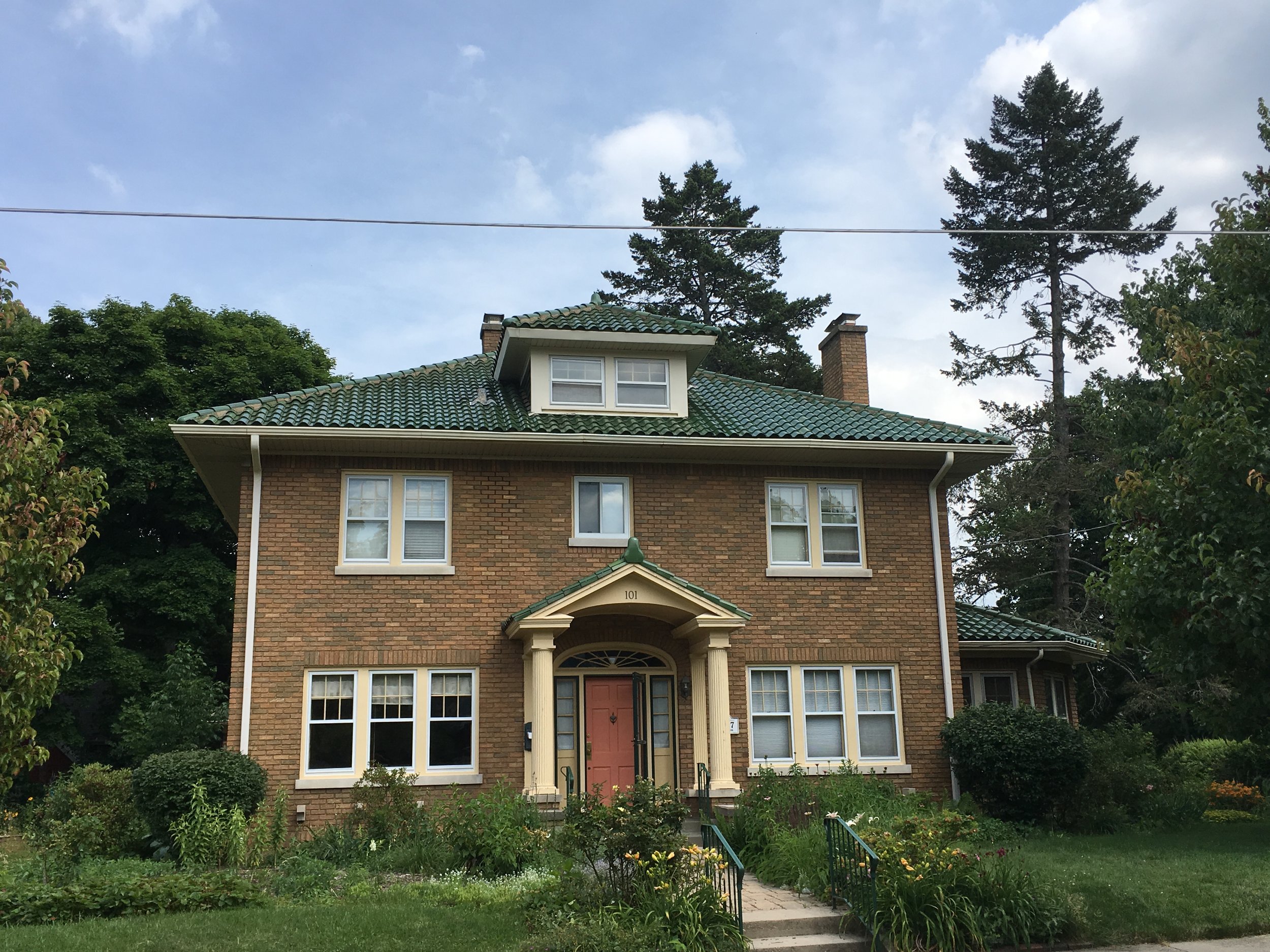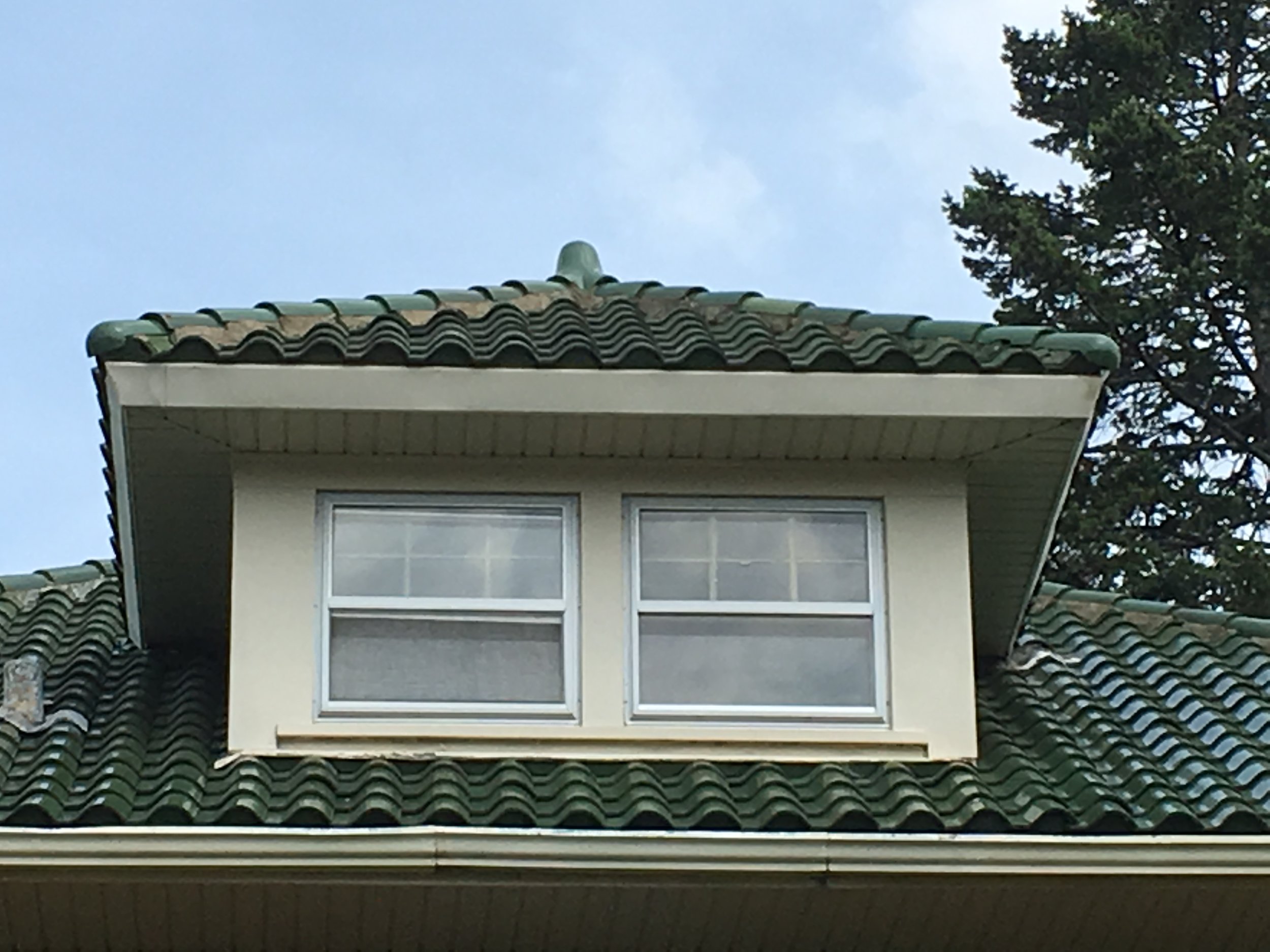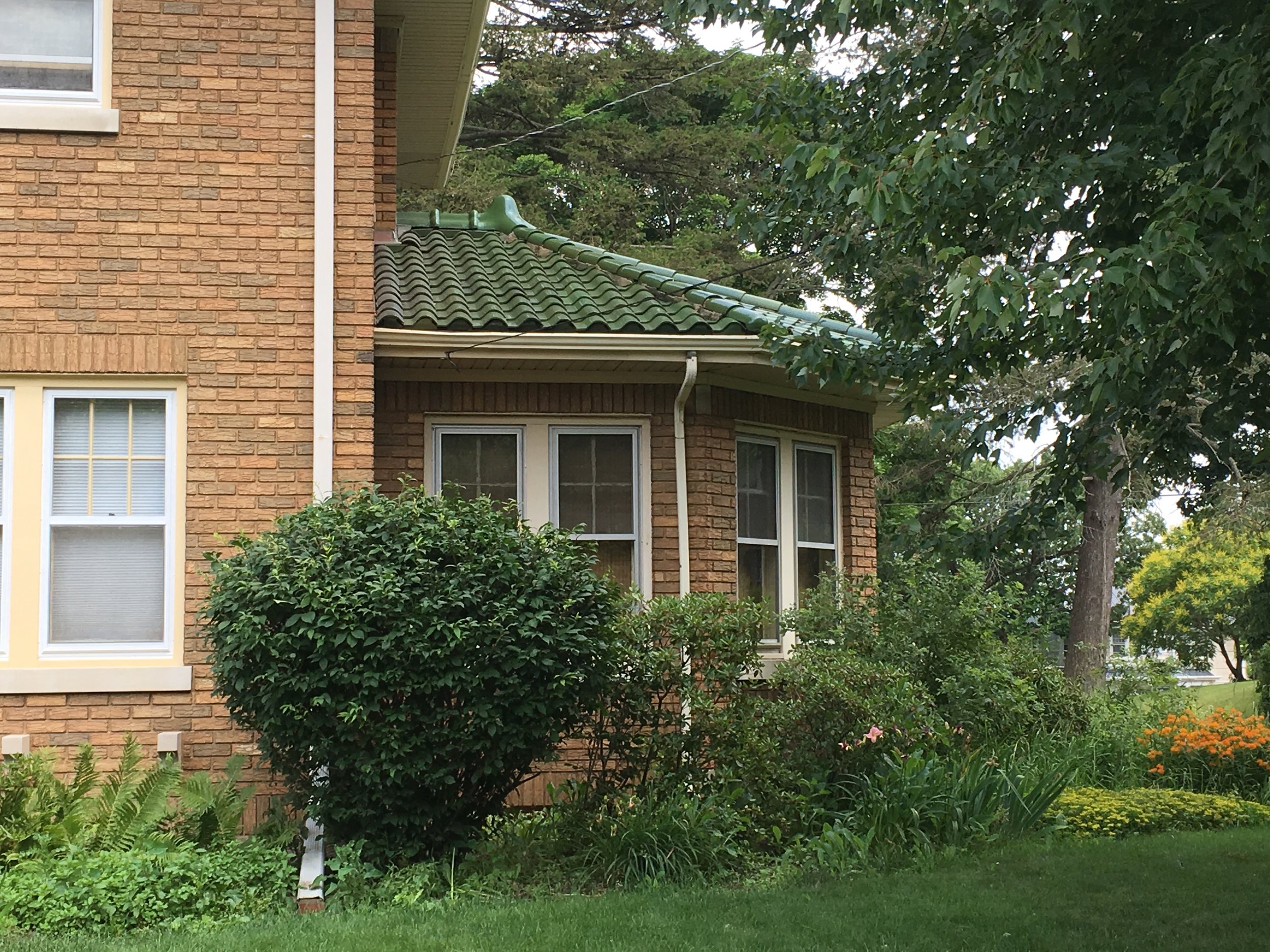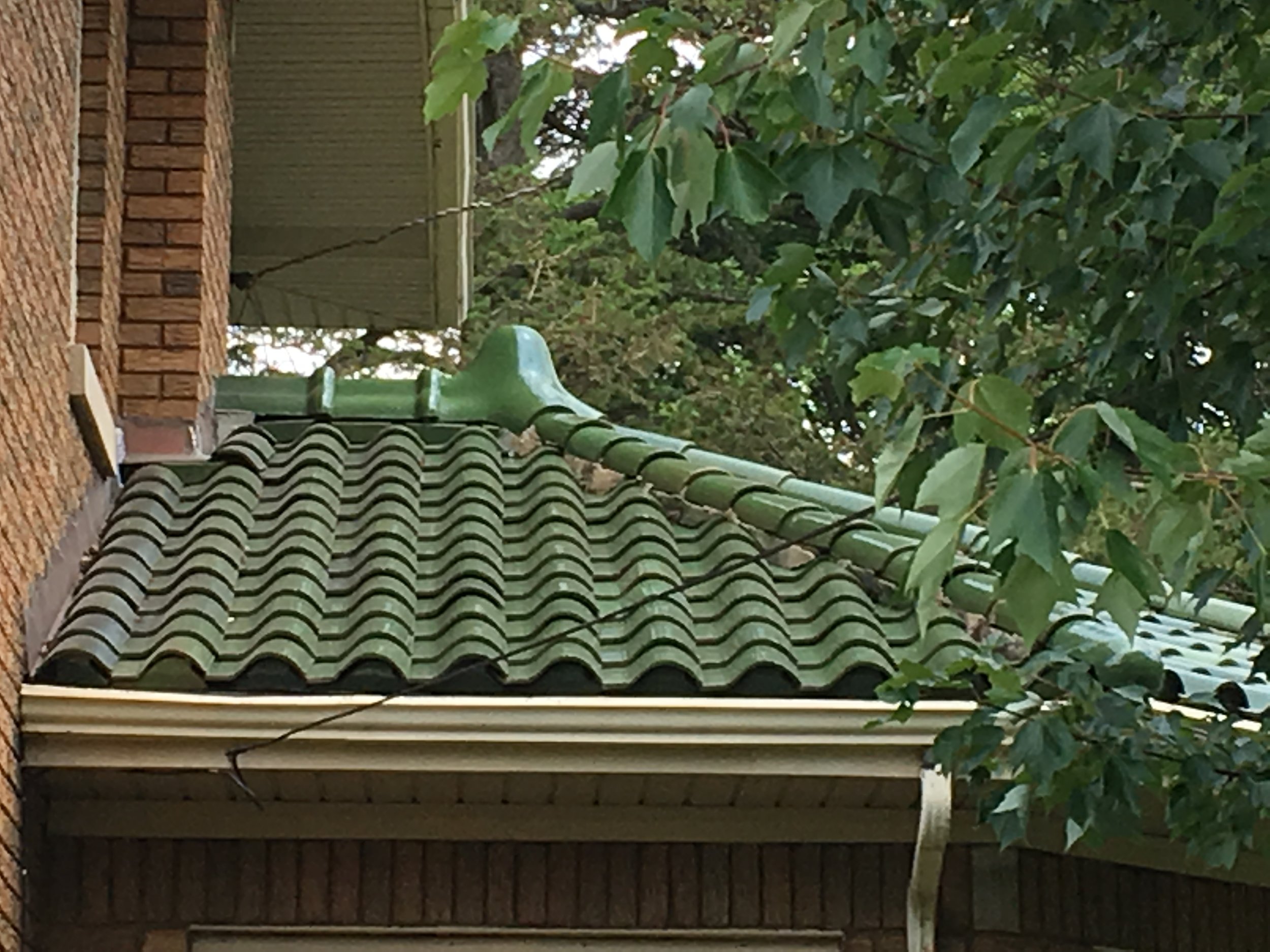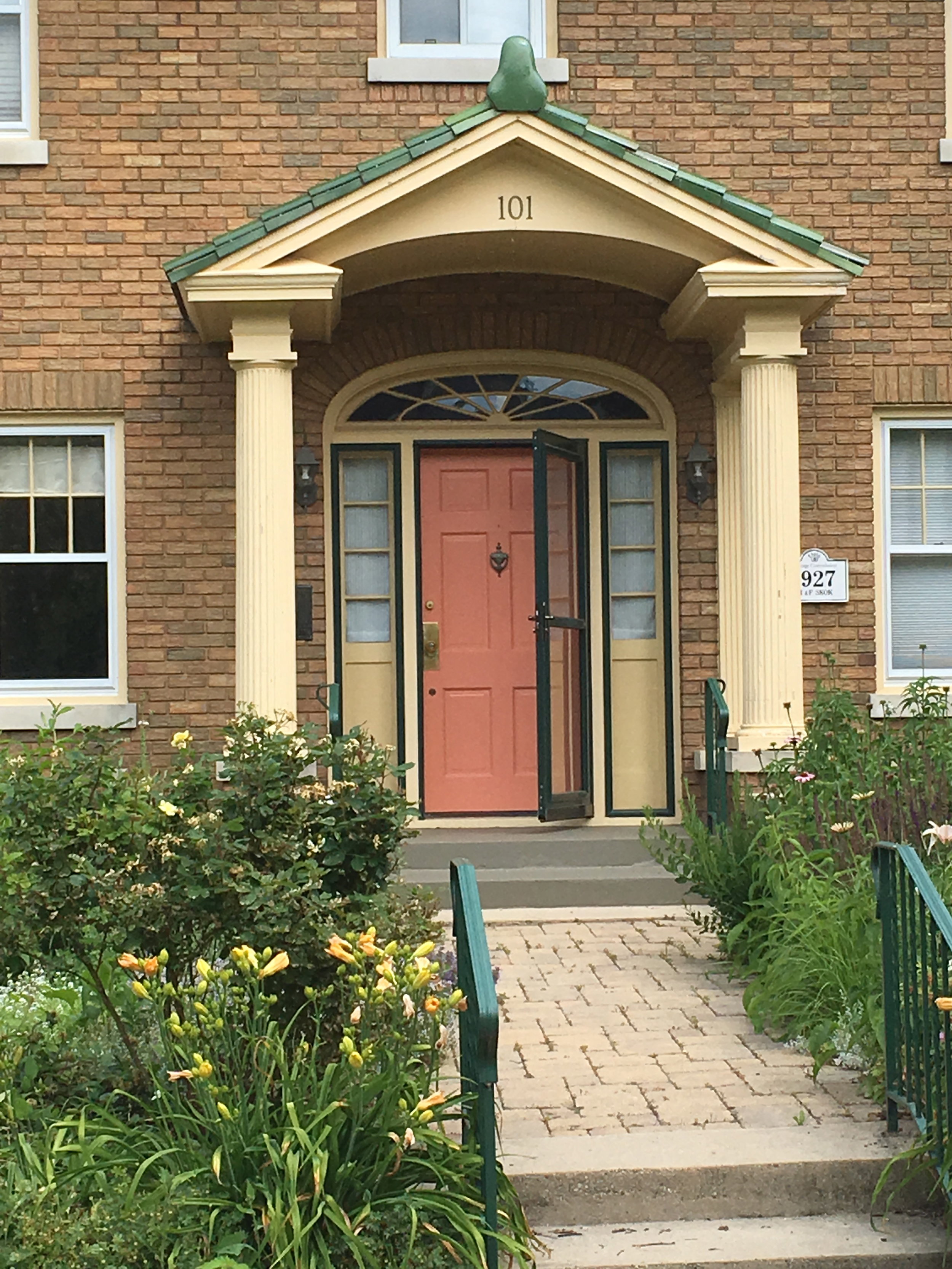101 HAMILTON AVENUE
HISTORIC SIGNIFICANCE
101 Hamilton was built by Martin and Frances Skok in 1927. A Czechoslovakian immigrant who came to Elgin in 1918, he established his own business, the Elgin Machine Works, only a year after arriving. Skok made piston pins for automobiles and in the same year he purchased 101 Hamilton, he built the Elgin Manufacturing Company at 412 N. State. According to a biography of him in the December 1944 Fox Valley Mirror, Skok also established a paper box company, Mar-Sko, (a combination of his first and last names), also located at 412 N. State. During the revival of the 1933 Elgin Road Races, Skok is credited with their underwriting and his business also entered a racing car, fittingly named the "Elgin Piston Pin Special," between 1927 and 1954.
The Elgin Machine Works building stands today although the business has moved to Big Timber Road and has a different name. Martin and Frances Skok had two sons; one died in 1920 and his namesake, Martin Skok, Jr. became his right hand man in the Elgin Machine Works. Mr. Skok died in 1966 and his estate was sold out of family hands shortly thereafter.
ARCHITECTURAL SIGNIFICANCE
101 Hamilton is an excellent example of the Colonial Revival style popular at the turn of the 20th Century. After the popularity of lavish, ornate, Victorian-era homes waned, many Americans sought houses less dramatic in style, prompting a re-visitation of historic styles. Elements of the Colonial Revival style are a pedimented front door without full-width porch, columns flanking the entry door, symmetric facade, multi-paned windows often in pairs, broad overhanging eaves and a hipped roof.
TIMELINE OF PREVIOUS OWNERS
Sources: 2006 Heritage Plaque Application; Audio: TextAloud

